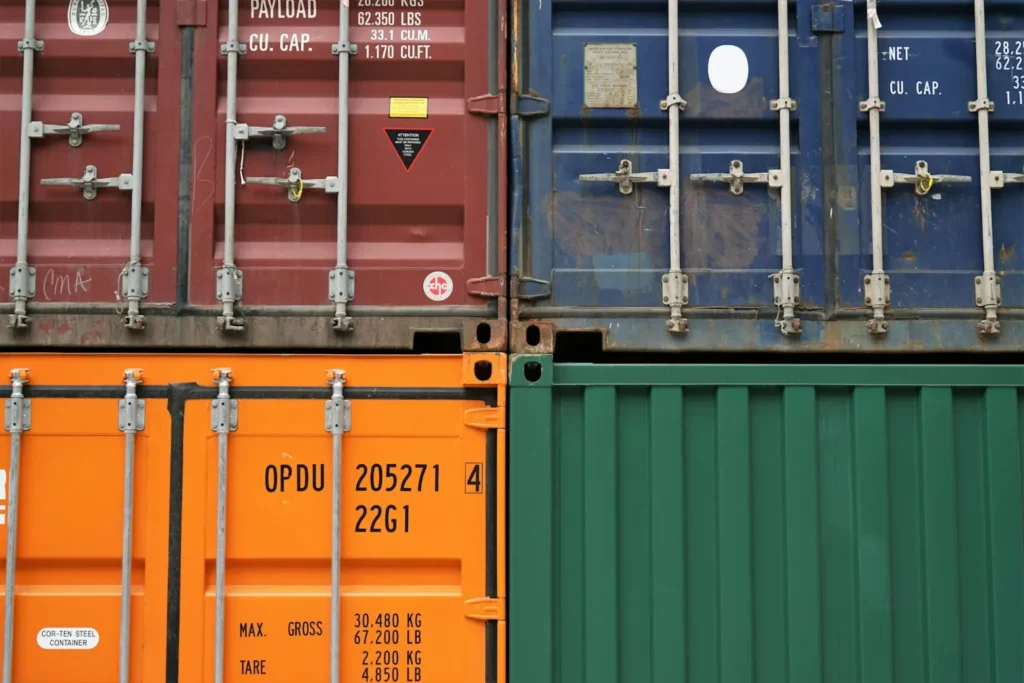Introduction
In the competitive energy sector, transportation costs can significantly impact the bottom line. Efficient logistics are crucial for ensuring timely delivery of resources and maintaining cost-effectiveness. This case study explores how Transport Analytics successfully reduced transportation costs for a leading energy provider through strategic optimizations, leveraging data analytics, and innovative logistics solutions.
The Challenge
The energy provider, operating in a highly competitive market, faced escalating transportation costs. These costs were driven by inefficient routing, underutilized vehicle capacity, and a lack of real-time data to inform decision-making. The company sought to optimize its transportation operations to enhance efficiency, reduce costs, and improve service reliability.
The Solution
Transport Analytics approached the challenge with a comprehensive strategy, focusing on several key areas:
- Data Collection and Analysis
- Step 1: Gather historical data on transportation routes, fuel consumption, delivery times, and vehicle utilization.
- Step 2: Use advanced data analytics tools to identify patterns and inefficiencies.
- Route Optimization
- Step 1: Implement route optimization software to analyze current routes.
- Step 2: Adjust routes to minimize travel distance and time, considering factors such as traffic patterns and delivery windows.
- Vehicle Utilization
- Step 1: Evaluate current vehicle loading practices to identify underutilized capacity.
- Step 2: Implement strategies to maximize vehicle load, including shipment consolidation.
- Real-Time Tracking and Predictive Analytics
- Step 1: Integrate real-time tracking systems to monitor vehicle locations and conditions.
- Step 2: Use predictive analytics to forecast potential disruptions and adjust plans accordingly.

The Results
The implementation of these strategies led to significant improvements:
- Cost Savings: The company achieved a 20% reduction in transportation costs.
- Efficiency Gains: Optimized routes reduced travel time by 15%, resulting in faster deliveries.
- Enhanced Utilization: Improved vehicle loading practices increased capacity utilization by 25%.
- Risk Mitigation: Predictive analytics enabled proactive management of potential disruptions, minimizing delays and enhancing reliability.

Conclusion
Through a strategic blend of data analytics, route optimization, and vehicle utilization improvements, Transport Analytics successfully reduced transportation costs for the energy provider. This case study demonstrates the value of a comprehensive, data-driven approach to logistics optimization.






